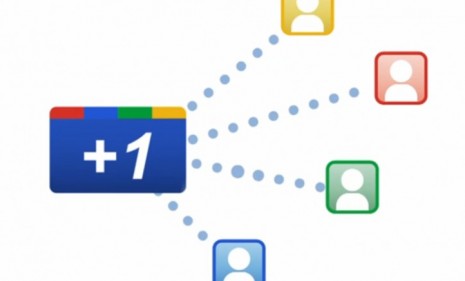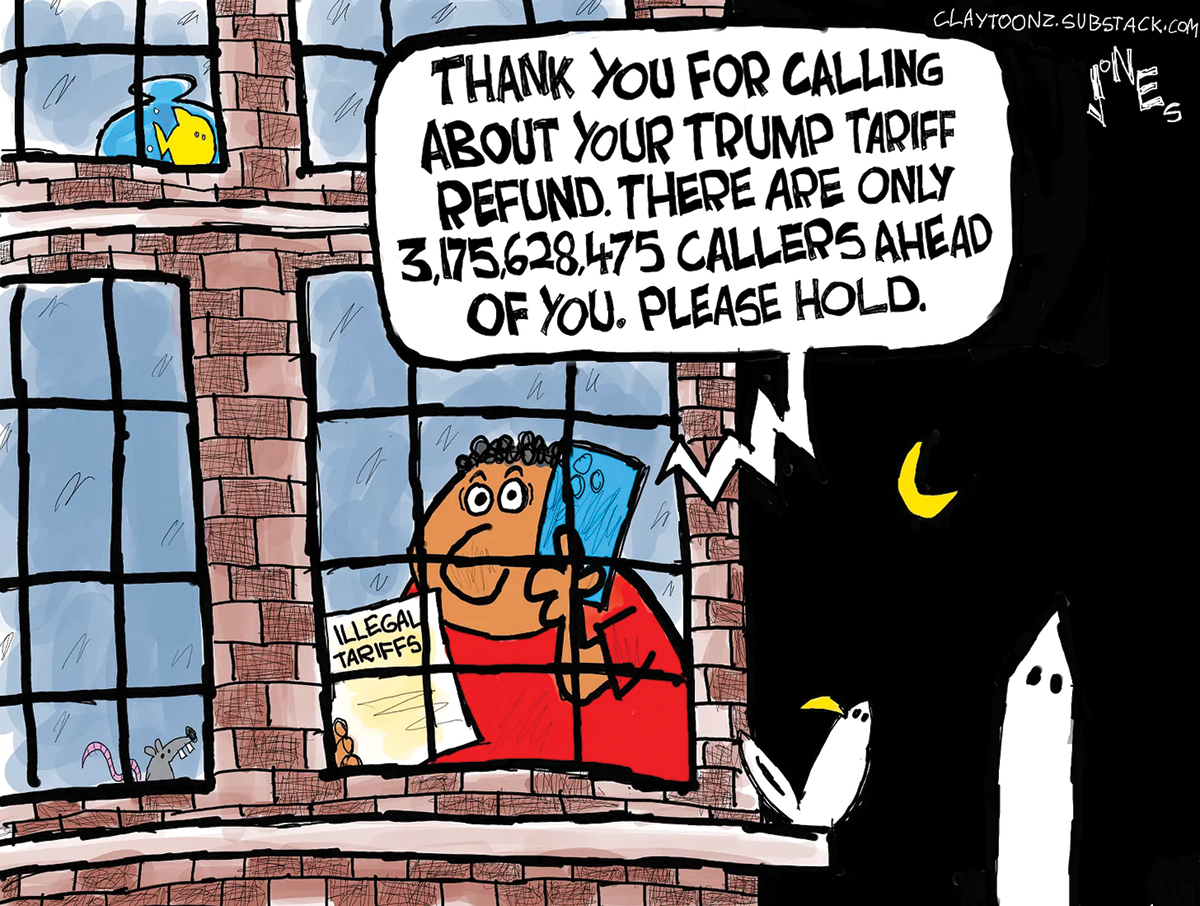Google's answer to the Facebook 'like' button: +1
The tech powerhouse unveils a new tool that allows users to recommend search results to their friends

A free daily email with the biggest news stories of the day – and the best features from TheWeek.com
You are now subscribed
Your newsletter sign-up was successful
On Wednesday, Google announced a new feature called the +1 button, which will appear next to search results, and allow users to easily recommend search results to their Google contacts, giving certain sites prominence over others based on approval from friends. After multiple failed efforts to harness the power of social media, +1 is Google's latest attempt to to keep up with Facebook and Twitter's rapidly growing influence. Will it succeed? Here, a brief guide:
How does it work?
Google users will see the +1 button next to the site's usual list of search results. By clicking, they will notify their Gmail contacts of that particular site's usefulness. "Say, for example, you're planning a winter trip to Tahoe, Calif.," says Google's blog entry announcing the initiative. "When you do a search, you may now see a +1 from your slalom-skiing aunt next to the result for a lodge in the area. Or if you're looking for a new pasta recipe, we'll show you +1's from your culinary genius college roommate."
The Week
Escape your echo chamber. Get the facts behind the news, plus analysis from multiple perspectives.

Sign up for The Week's Free Newsletters
From our morning news briefing to a weekly Good News Newsletter, get the best of The Week delivered directly to your inbox.
From our morning news briefing to a weekly Good News Newsletter, get the best of The Week delivered directly to your inbox.
Why is Google doing this?
Mostly to keep up with Facebook. "Google and Facebook, which long operated in different realms on the Web, increasingly look like they are on a collision course," says Amir Efrati at The Wall Street Journal. While Google remains the undisputed leader in search, Facebook has harnessed social media to change the way people find information online.
Why are recommendations from friends so important?
"Endorsements are proven to be far more powerful than marketer messages," says Bryan Wiener, chief executive of digital advertising agency 360i, as quoted by the Journal.
A free daily email with the biggest news stories of the day – and the best features from TheWeek.com
So can I get +1 now?
Probably not. Initially, the results will only be available to 2 percent of English-language users on Google.com. Eventually, it will be rolled out to all Google users, and the company hopes to reorder search results based on the preferences of friends and acquaintances. Google will also likely integrate +1 into its repertoire of other services, like Google News and Google Maps.
Will it work?
We'll see. Google may have learned its lesson from two social-search failures, says Caroline McCarthy at CNET. Google Wave was deemed too confusing to use, while privacy concerns over Google Buzz led to FTC charges (that were settled Wednesday). But "Google +1, for now, seems to be the sort of thing that could actually help the dominant search engine get some social-media cred and innovate more."
Sources: CNET, Wall Street Journal, Bloomberg Businessweek, Google, PCMag
-
 Political cartoons for February 23
Political cartoons for February 23Cartoons Monday’s political cartoons include tariff refunds, Epstein Island visits, and more
-
 Can Keir Starmer save the Chagos deal?
Can Keir Starmer save the Chagos deal?Today's Big Question Opponents confident they can scupper controversial agreement as PM faces a race against time to get it over the line
-
 China and the rise of the humanoid robots
China and the rise of the humanoid robotsThe Explainer The country’s ‘bustling’ robotics industry is dominating the global market, though experts are split on how concerned we should be